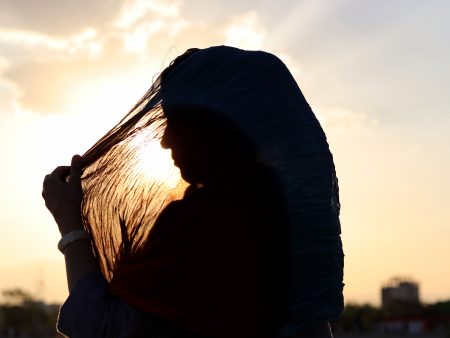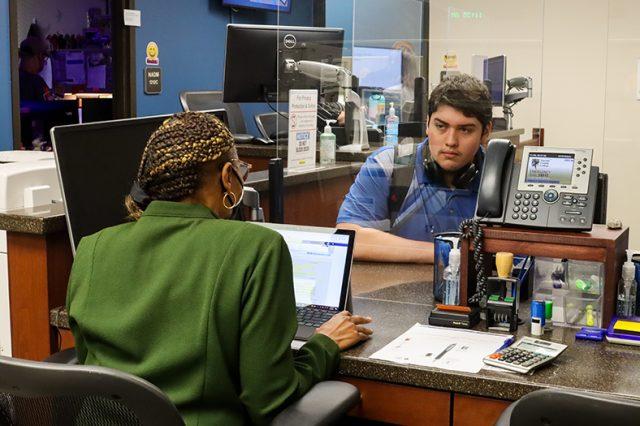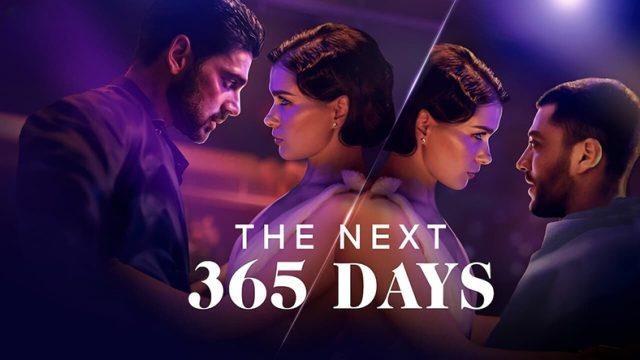
OLLA MOKHTAR
reporter
collegian.editor@tccd.edu
A dangerous narrative that has followed many hijabis throughout their lives has stripped their personalities bare and has not recognized them as someone who has interests, quirks, strengths, weaknesses and a plethora of other things that makes us truly “unique”.
With each school year that went by, compelling myself to get out of bed and into school had been harder to do. The first question that is usually asked is tell the class three interesting things about yourself. My response would usually be “I love Boba so much I named my cat after it, my name isn’t actually hi in Spanish and I’m taller than my dad,” which I would say is a pretty good answer..
However, it seemed that no one was interested in that answer. So instead of countering my answers with a question about the identity of my cat, it would sound more like “Why are you wearing that hat?”
I’m not unique because I wear a scarf on my head and wear modest clothing. I’m unique because I started reading novels when I was nine years old and have my instagram handle named after Harry Potter, the first series of books I ever read.
During high school this was a recurring theme, a dilemma that I struggled to get free from. My religion and ethnicity became something I based my personality on, since my true self didn’t appear to be important or worth discovering to others. I finally understood what in-person diversity brochures meant when other people expressed their opinions and asked questions that had nothing to do with the conversation at hand.
Almost daily, when I am going out in public I wear my scarf on my head, and wear loose-fitting clothing, so I am fully aware of what people see. I know that being Muslim is the first thing people notice, my wish is that it isn’t all they focused on.
When I started college, it was a whole different ball game. In high school I was one of maybe 10 people that wore a hijab, but on SE Campus I am one of probably 200-300 hijabis. As one could imagine I had a quarter-life identity crisis.
I was no longer the “girl who wears a hat” but just another girl who happens to wear a scarf. Which in hindsight I was grateful for. But then I realized that I had lost what I had left of being myself due to a social narrative that perceived me as only Muslim.
Before all the critics come, I am proud to be Muslim, I don’t mind that it is the first thing people see, but I want to be known for more that just that. My friend and I joke about hating the word diversity and how every time we are at an event people make it known that they are diverse. It isn’t a bad thing, it just appears to be all that matters at times, and we wish it was different.
If there was one thing that I could claim as being absolutely true though, it would be that I am an extremely talented artist but I also happen to be a hijabi.
































